Discover the Enigmatic Gilcrease Museum in Tulsa, Oklahoma
If you find yourself in Tulsa, Oklahoma, with a penchant for history, art, and perhaps a dash of the supernatural, the Gilcrease Museum is a destination you won’t want to miss. Established in 1949 by the oil magnate Thomas Gilcrease, this museum is often referred to as the “Smithsonian of the American Southwest.” It is renowned for holding the largest collection of art of the American West, along with an impressive array of Native American artifacts and historical documents.
Thomas Gilcrease: A Collector’s Passion
Thomas Gilcrease, a member of the Creek Nation, embarked on a transformative journey to Europe in 1925. This trip was not just a visit to another continent; it sparked an insatiable passion for collecting fine art. Upon his return, he focused his acquisitions on artworks and objects that narrated the rich tapestry of Native American history and culture. His collection eventually expanded to include over 250,000 artifacts, 100,000 rare documents and books, and 10,000 works of art, making it one of the most comprehensive of its kind.
However, Gilcrease’s dedication to his collection was so intense that it sometimes overshadowed his other responsibilities. At one point, his financial troubles became so severe that the City of Tulsa stepped in to pay off his debts amounting to $2.25 million. This intervention ensured that his beloved collection could remain intact. In a grand gesture of gratitude, Gilcrease later donated his museum, along with its land and the entire collection, to the local community.
The Eternal Guardian: Ghost of Thomas Gilcrease
Thomas Gilcrease passed away in 1962 and was laid to rest in a mausoleum on the museum grounds, not far from his cherished collection. In line with his Native American heritage, traditional rites were performed to ensure his peaceful passage to the afterlife, including scattering cornmeal to provide his spirit with sustenance and shooting arrows into the air to ward off evil spirits.
Yet, it seems that Gilcrease’s spirit was too tethered to his life’s work to move on. Local legends and stories from visitors and staff suggest that his ghost has been seen wandering the museum’s gardens and his former residence, which sits adjacent to the museum. Most often, his presence is sensed in the exhibit hallways, where he perhaps continues to watch over his collection. These frequent, unexplained occurrences have reportedly contributed to a high turnover rate among the museum’s security personnel.
Have you ever visited the Gilcrease Museum? Did you feel the presence of Thomas Gilcrease or experience any unexplained phenomena? The mystery and allure of this place are undeniable, making it a must-visit for anyone interested in the convergence of art, history, and the supernatural.

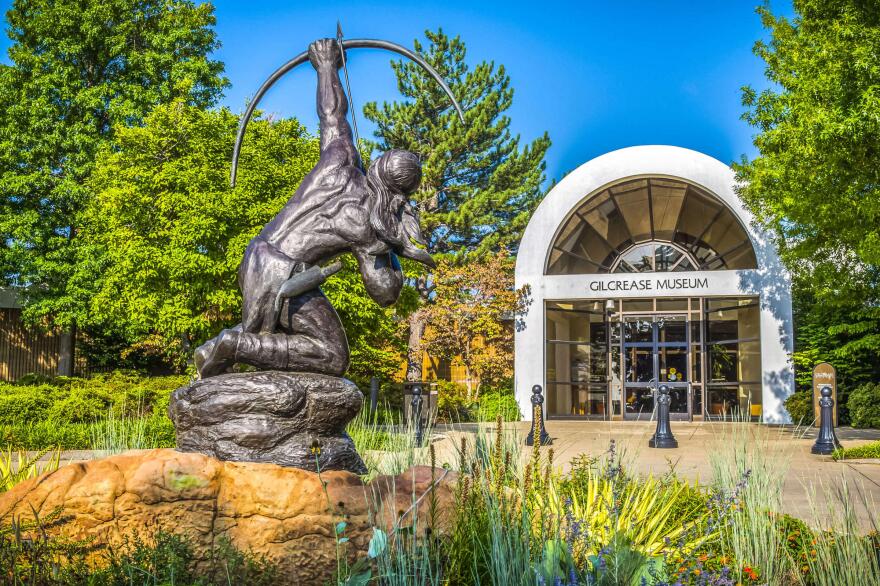

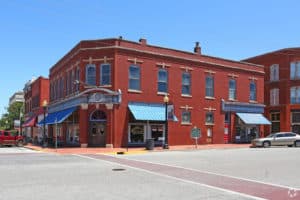

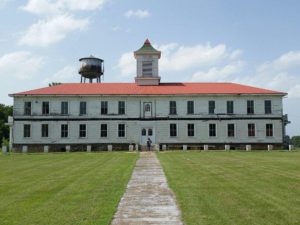

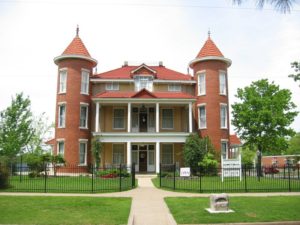
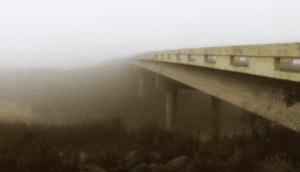
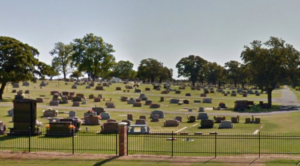
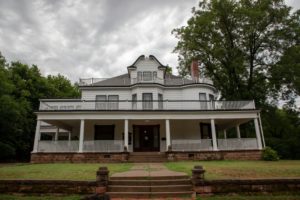
Leave a Reply